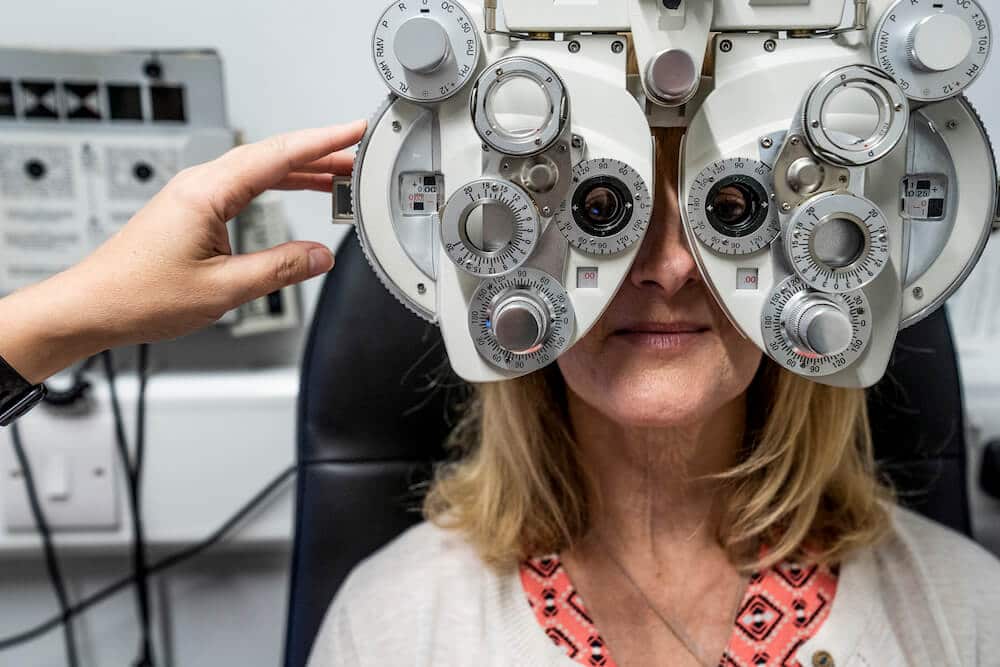Cataracts
What are cataracts?
Cataracts are cloudy patches in your eye’s lens. Your lens is the clear ‘window’ at the front of your eye that helps you see. When cataracts develop, it can cause your vision to become cloudy or blurred.
Cataracts mostly affect older adults because they develop as a result of age-related changes in the eye’s lens. They usually affect both eyes and the cloudy patches can initially be quite small, growing larger over time. Eventually, cataracts can cause blindness.
Cataracts Awareness Month 2021
June is Cataract Awareness Month, a timely reminder to be aware of the symptoms of this common eye condition and know when to seek help.
During a routine eye examination, our opticians can identify the first sign of cataracts, often coinciding with the initial symptoms described below.
Finding out you have developed cataracts at any stage in your life can feel worrying. We’re here to help you have the best vision possible and can advise you on the best course of action.
How can I tell if I have cataracts?
Cataracts are progressive and the onset is very gradual. If you wear spectacles, the first sign of cataracts may be a feeling that your lenses are dirty or smeared, even after cleaning.
Your eyesight might also be affected in the following ways:
- Blurry or cloudy vision
- Lights feel too bright
- Colours look faded or dulled
- Low light conditions make it harder to see
If you experience any of these symptoms, it’s important to book an eye examination. An optician will be able to identify cataracts with a slit-lamp microscope during a routine eye examination.

Are cataracts hereditary?
Adults can have a hereditary tendency to develop cataracts, so it’s useful to know if your mother, father, or grand parents developed cataracts and at what age.
There are certain risk factors that may increase your chances of developing cataracts in later life. These include:
- Diabetes
- Obesity
- Alcohol abuse
- High blood pressure
- Smoking
- Previous eye injury or surgery
- Excessive exposure to UV light
Are they painful?
No, not usually, although they can be painful if they have been left untreated.
Managing cataracts before surgery
When cataracts have been identified during a routine eye examination, your optician will monitor progression until such time as the cataracts require surgery.
In the meantime, we advise you to:
- Reduce glare symptoms with prescription sunglasses
- Wear a hat with a brim in strong sunlight
- Use spectacles with an anti-glare coating for driving at night
When do cataracts require surgery?
When cataracts start to affect your everyday life to the point they’re affecting your ability to carry out daily activities, such as driving and shopping, we usually recommend cataract surgery.
We will refer you to an NHS surgeon through your GP, or privately to a recommended ophthalmic surgeon. Mr Gok Ratnarajan is a Consultant Ophthalmic Surgeon and one of the region’s leading ophthalmologists.
In this video, Mr Ratnarajan explains the importance of getting seen early to avoid sight loss from cataracts and how he successfully treated Lennox Cato, BBC Antiques Roadshow expert.
Further advice
If you are at all concerned about cloudy or blurry vision, glare, or problems seeing well in low light, the first step is to book an eye examination.
Please call us on 01273 843946 or book an appointment.

